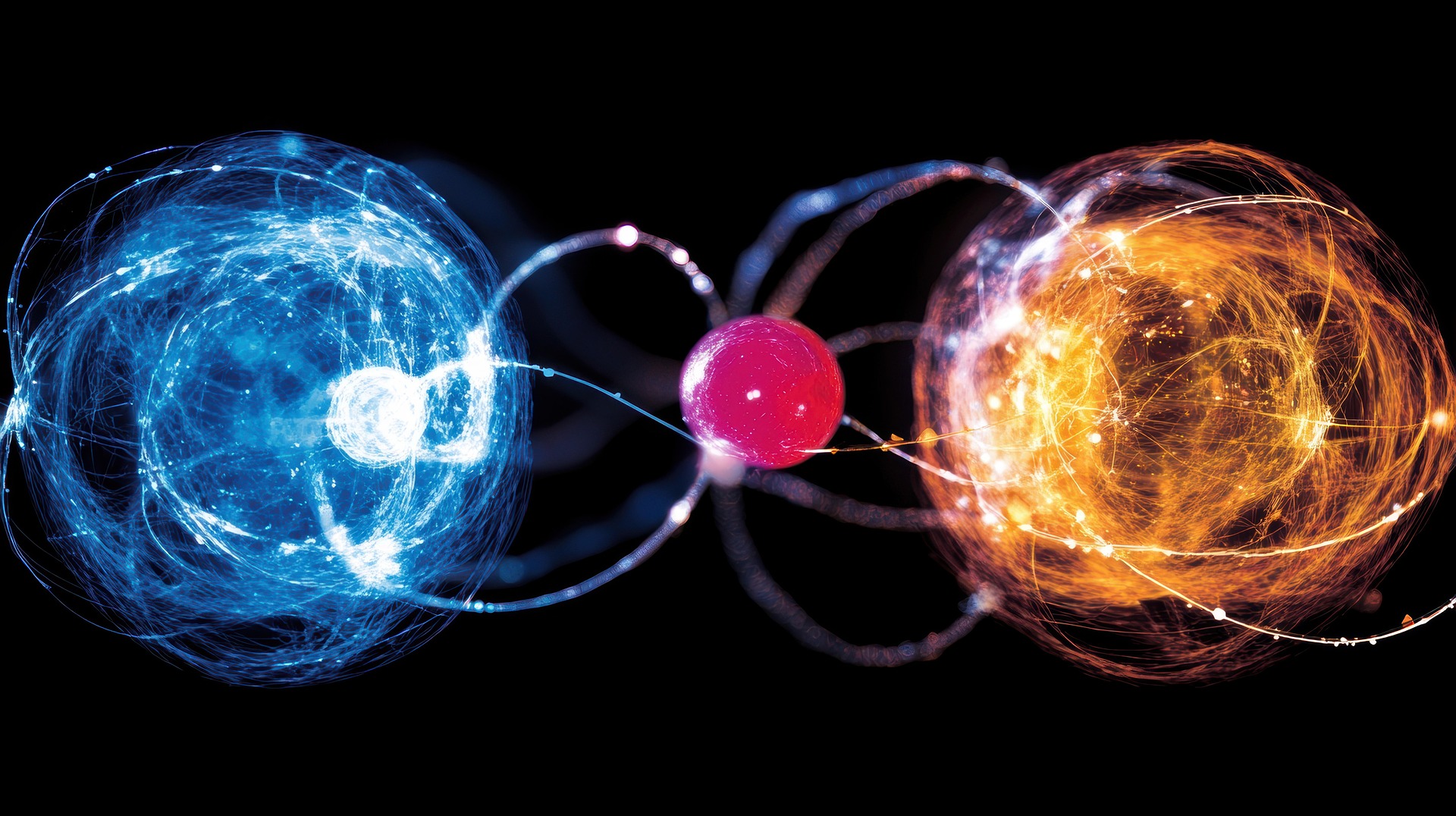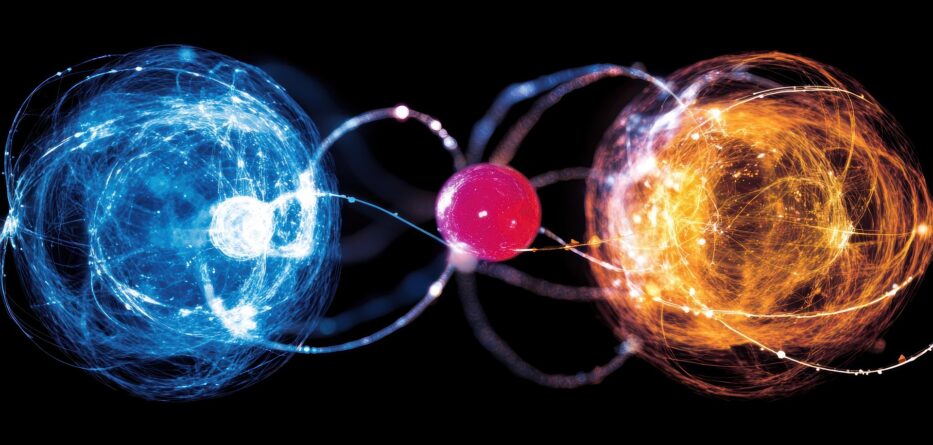

The World’s Most Expensive Substance Costs More Than the Global Economy
Imagine a material so rare and difficult to produce that just one gram would cost an astonishing $62 trillion—more than the entire world’s annual economy. This mind-blowing substance isn’t gold, diamonds, or any other precious metal. It’s antimatter, the most expensive and elusive material known to science.
What Makes Antimatter So Special?
Antimatter is essentially the mirror opposite of regular matter. For every type of particle we know—protons, electrons, and neutrons—there exists an antimatter version with the same mass but the opposite charge. When matter and antimatter come into contact, they annihilate each other in a powerful explosion of pure energy.
This rare and volatile nature makes antimatter nearly impossible to collect or store. Unlike diamonds or gold, which can be mined, antimatter must be created atom by atom in highly controlled environments like CERN’s Large Hadron Collider (LHC) in Switzerland.
💰 Did you know the most expensive substance on Earth costs a mind-boggling $62 trillion per gram? 💸 info below 👇 pic.twitter.com/ahERDaMmQ0
— Dr. CZ (@AngelMD1103) February 18, 2025
The Science Behind the Price Tag
Because antimatter is not naturally available in any usable quantity, scientists must manufacture it using massive amounts of energy. At CERN, protons are accelerated to near-light speed and smashed into iridium blocks, occasionally generating antimatter particles. But here’s the catch—only one in a million collisions produces a single antiparticle.
The process requires so much energy that CERN’s accelerators consume more electricity than the entire city of London each year. Even after antimatter is created, it must be stored in a vacuum and suspended by powerful magnets to prevent it from instantly being destroyed by contact with normal matter.
According to CERN scientists, producing just one 100th of a nanogram of antimatter costs as much as a kilogram of gold. That translates to an unimaginable $62 trillion per gram—or more than the entire world’s combined GDP.
Why Bother Making Antimatter?
Given its astronomical cost and extreme volatility, you might wonder why scientists are so eager to study antimatter. The answer? It could unlock some of the biggest mysteries of the universe.
Physicists believe that, at the moment of the Big Bang, equal amounts of matter and antimatter were created. Yet today, the universe is overwhelmingly made of matter—raising the question: where did all the antimatter go? Studying this strange substance could provide clues about how the universe was formed and why it exists as we see it today.
Additionally, antimatter has the potential for revolutionary applications. If scientists can harness its annihilation energy safely, it could become a next-generation power source, fueling space travel and even replacing nuclear energy with a cleaner, more powerful alternative.
A Glimpse Into the Future
While we are still far from producing antimatter in useful quantities, researchers continue to push the boundaries. The ability to create and store antimatter for longer periods is a major step forward, and future breakthroughs could bring costs down significantly.
For now, antimatter remains the most expensive substance on Earth, a marvel of modern physics that exists more in theory than in reality. But with ongoing advancements in particle physics, who knows? One day, antimatter might power the future—or unlock the secrets of the cosmos.
-
The highly anticipated wedding of Anant Ambani, the son of Asia’s richest man Mukesh Ambani, is set to culminate...
-
Turkey has unexpectedly backed Greece in its ongoing effort to reclaim the Elgin Marbles from the United Kingdom, describing...
-
Turkey’s inflation rate has soared past 75% in May, marking what economists believe to be the peak of the...
-
Iranian authorities have confirmed that President Ebrahim Raisi and seven other officials were killed in a helicopter crash on...
-
As the United States continues its support for Ukraine, FBI officials are closely monitoring the possibility of increased Russian...
-
Presight, an Abu Dhabi-based artificial intelligence firm, has finalized the acquisition of a 51% stake in AIQ, a prominent...
-
The city of Dubai is reeling from the aftermath of historic torrential rains that inundated the desert metropolis, leading...
-
Plans for Neom’s ambitious “The Line,” a zero-carbon city in Saudi Arabia, have been revised, scaling back its initial...
-
In a significant escalation of the ongoing dispute over misinformation, Brazil Supreme Court Justice Alexandre de Moraes has initiated...
-
Mumbai Takes the Throne for the Most Billionaires in Asia In a historic milestone, Mumbai has overtaken Beijing to...
-
French President Emmanuel Macron emphasized the need for Western powers to remain vigilant in the face of the Ukraine...
-
The Philippines has strongly denounced what it described as “unprovoked acts of coercion and dangerous maneuvers” by China in...




















